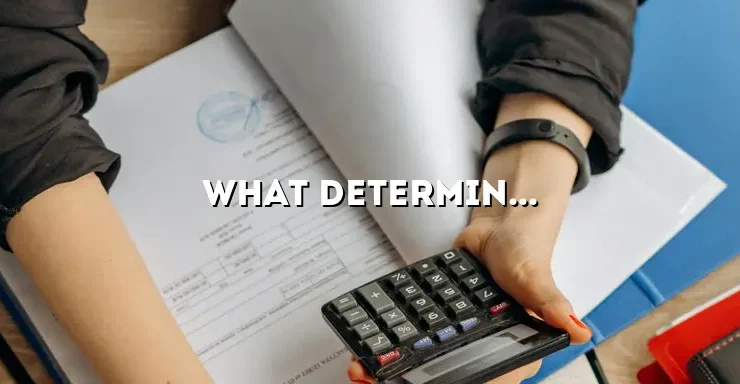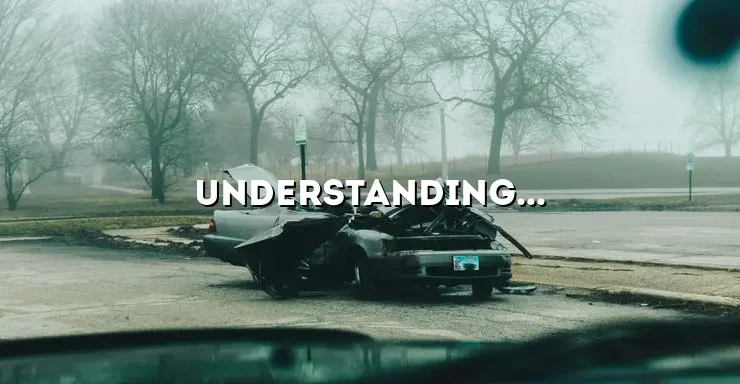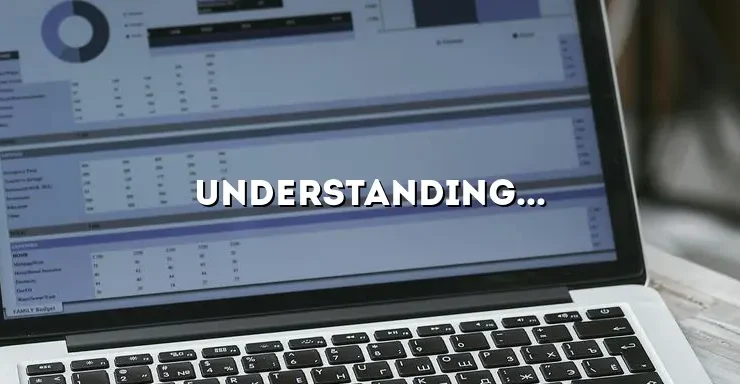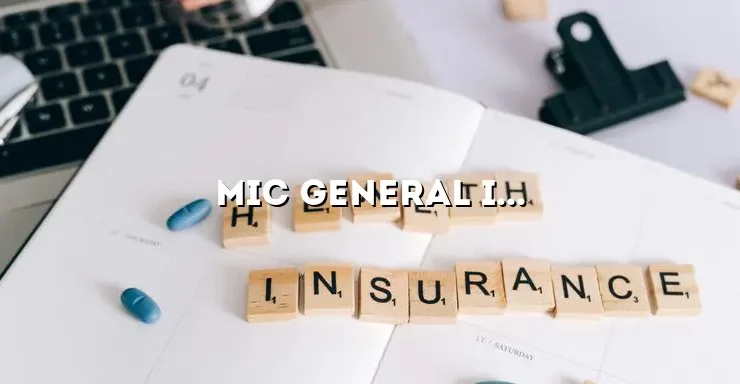
Florida, known for its stunning beaches and vibrant lifestyle, is also grappling with a pressing issue – the insurance crisis. As the state faces increasingly frequent and severe natural disasters, insurance companies are struggling to keep up with the mounting claims and costs. This article delves into the intricacies of the insurance crisis in Florida, shedding light on the factors contributing to this predicament and exploring potential solutions.
Florida’s vulnerability to hurricanes, tropical storms, and other natural disasters has made it one of the most high-risk areas in the United States for insurance companies. The state’s geographical location, with its long coastline and exposure to Atlantic storms, puts it at a higher risk compared to other regions. Climate change has also exacerbated the problem, leading to rising sea levels and more intense storms. As a result, insurance companies have had to increase premiums and deductibles to account for the increased risk, making it more challenging for homeowners and businesses to afford coverage.
The Rising Cost of Insurance in Florida
One of the key factors contributing to the insurance crisis in Florida is the rising cost of insurance premiums. As the state has experienced a higher frequency of hurricanes and storms in recent years, insurance companies have faced a surge in claims payouts. To cover these increased costs, insurers have had to pass on the burden to policyholders in the form of higher premiums and deductibles.
The Impact of Climate Change
Climate change is a significant factor driving up insurance costs in Florida. As global temperatures rise, the likelihood of extreme weather events such as hurricanes and tropical storms increases. These events cause extensive damage to homes and businesses, resulting in more insurance claims. Insurance companies, in turn, raise premiums to compensate for the increased risk and potential losses.
The Aftermath of Past Hurricanes and Storms
Florida has a history of devastating hurricanes, such as Hurricane Andrew in 1992 and Hurricane Irma in 2017. The immense destruction caused by these storms led insurers to reevaluate their pricing models and increase premiums to account for potential future losses. The lingering effects of past hurricanes continue to impact insurance rates in the state, making it more challenging for homeowners and businesses to afford coverage.
The Role of Reinsurance Companies
Reinsurance companies play a crucial role in the Florida insurance market. These companies provide insurance coverage to primary insurers, helping them manage their risk exposure. However, the insurance crisis has also affected the reinsurance industry. As the frequency and severity of natural disasters in Florida increase, reinsurance companies face higher claims payouts, leading to higher premiums for primary insurers. These increased costs are eventually passed on to policyholders, further contributing to the insurance crisis.
The State of Florida’s Insurance Market
Understanding the state of Florida’s insurance market is essential in comprehending the nuances of the insurance crisis. The market consists of various types of insurance, including homeowner’s insurance, flood insurance, and windstorm insurance. Each type of insurance has its own set of regulations and requirements, which can impact the affordability and availability of coverage for policyholders.
The Challenges for Homeowners
Homeowners in Florida face unique challenges in obtaining affordable insurance coverage. The state’s high-risk status and susceptibility to natural disasters make it difficult for homeowners to find adequate coverage at reasonable prices. Insurance companies often impose higher deductibles, requiring homeowners to bear a larger portion of the costs in the event of a claim. Additionally, some insurance companies have limited their coverage options for homes located in high-risk areas, leaving homeowners with fewer choices.
The Impact on Businesses
The insurance crisis in Florida also has significant implications for businesses operating in the state. Industries such as construction, hospitality, and real estate heavily rely on insurance coverage to protect their assets and operations. However, the rising insurance costs and limited availability of coverage pose challenges for businesses. Higher premiums and deductibles can strain their budgets, affecting their ability to expand, invest, and create jobs. The insurance crisis, if left unaddressed, could have long-term consequences for the state’s economy.
Proposed Solutions and Legislative Efforts
To tackle the insurance crisis in Florida, various solutions and legislative efforts have been proposed. These initiatives aim to address the affordability and availability of insurance coverage while ensuring the financial stability of insurers and the protection of policyholders.
Creating a State-Backed Insurance Program
One proposed solution is the establishment of a state-backed insurance program. This program would provide coverage to homeowners and businesses in high-risk areas where private insurance options are limited or costly. By spreading the risk across a larger pool of policyholders, the program aims to reduce insurance premiums and increase the availability of coverage. However, implementing such a program poses challenges, including funding and ensuring its long-term sustainability.
Implementing Stricter Building Codes and Regulations
Another approach to mitigate the insurance crisis involves implementing stricter building codes and regulations. By constructing buildings that are more resilient to natural disasters, such as hurricanes and storms, the risk of damage and subsequent insurance claims can be reduced. Strengthening building codes can also lead to lower insurance premiums, as insurers assess the lower risk associated with properties built to higher standards.
Encouraging Mitigation and Resilience Measures
Encouraging homeowners and businesses to adopt mitigation and resilience measures is another proposed solution. This can include retrofitting homes and buildings to withstand hurricanes and storms, installing impact-resistant windows, and enhancing drainage systems. By proactively reducing the risk of damage, policyholders may be eligible for insurance discounts or lower premiums, making coverage more affordable.
The Way Forward
The insurance crisis in Florida calls for a comprehensive and collaborative approach to find long-term solutions. It requires the cooperation of insurance companies, government entities, and citizens to address the challenges and protect the interests of all stakeholders.
Investing in research and innovation is crucial to understanding and mitigating the risks associated with natural disasters in Florida. By leveraging advanced technologies, such as predictive modeling and risk assessment tools, insurers can gain a deeper understanding of the potential impact of hurricanes and storms. This knowledge can inform pricing strategies, risk management practices, and the development of more tailored insurance products.
Moreover, raising awareness among homeowners and businesses about the importance of insurance coverage and mitigation measures is essential. Educating individuals about the risks they face and the steps they can take to protect themselves can help create a more resilient community. This can include workshops, informational campaigns, and partnerships between insurance companies, government agencies, and community organizations.
In conclusion, the insurance crisis in Florida poses significant challenges for both homeowners and businesses. Understanding the underlying factors contributing to this crisis, such as rising costs, climate change, and past natural disasters, is crucial in exploring potential solutions. By implementing measures such as creating a state-backed insurance program, enforcing stricter building codes, and promoting mitigation efforts, Florida can work towards a more sustainable and affordable insurance market. Collaboration and proactive action are key to securing a resilient future for the state and protecting the interests of all Floridians.






